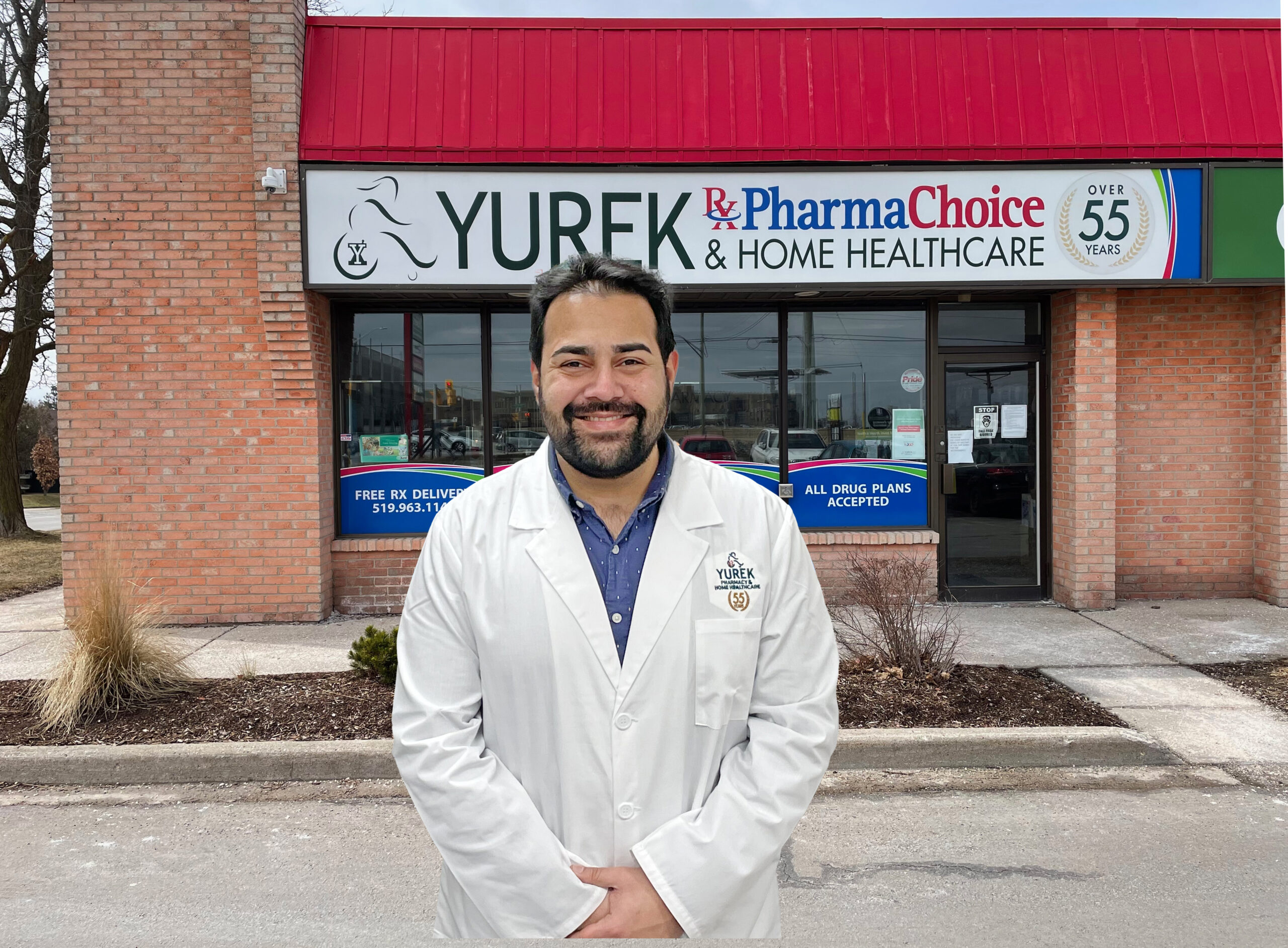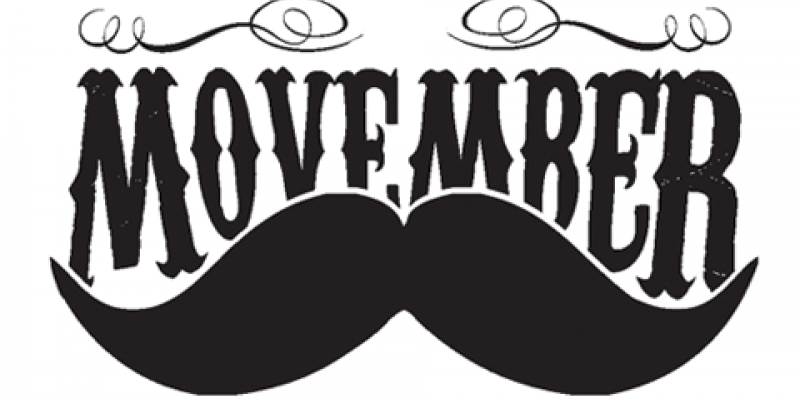By: Steve Bond, BScPhm, RPh, CDE
From the time we are young, we are taught that certain numbers are important – our house number, phone number, even 9-1-1 (in case of emergencies). As we grow, that list grows – our student number, social insurance number, important dates, the combination to our locker. As we approach Father’s Day, I want to share some important numbers that every man should know. These numbers are important to our health, and as I get older, I find myself focusing on them. The first is a ratio: 140 over 90. This is the target blood pressure for most men. 140 refers to the systolic pressure – the highest pressure in our blood vessels and occurs when the heart pumps. 90 is the diastolic pressure – the lowest pressure and it occurs between beats. Pressures above these numbers are considered high blood pressure or hypertension and it means that the heart must work harder, leading to increased stress and a greater risk of heart attack and stroke. Now, I will add that for some men (and women), our doctor or nurse practitioner will ask that we reduce that pressure based on medical conditions and risk factors.
The next number is 37 – as in inches – we should strive to keep our waist measurement below this number. If our waist is above 37 inches, it means that we are accumulating abdominal fat, (aka a spare tire) and that’s the worst kind of fat. This kind of fat is linked to higher rates of heart disease and diabetes. While the only true way to measure the abdominal fat deposits (also called visceral fat) is with a scan, reducing the waist size can reduce the distribution. The best way to shrink our waistline is by looking at our diet. Avoiding foods rich in simple sugars and saturated fats and increasing fibre can have a huge impact. Regular exercise, particularly aerobic exercise can also help us.
This brings me to my important number, 150 – the number of minutes of moderate exercise we should all aim for each week. Moderate exercise should make you slightly breathless – like a quick walk or even cutting the grass. It is important that you speak to your doctor or nurse practitioner before starting any vigorous activity and start slowly particularly if you haven’t been active for a while. There are more numbers, but I will save those for another post. For now, take care of yourselves and each other.








